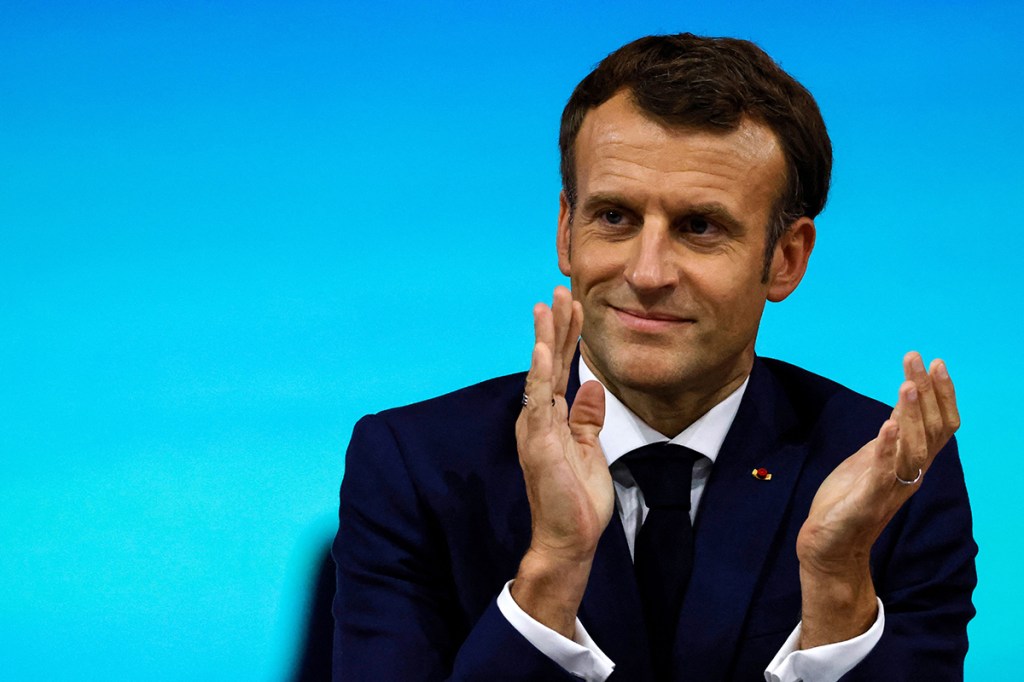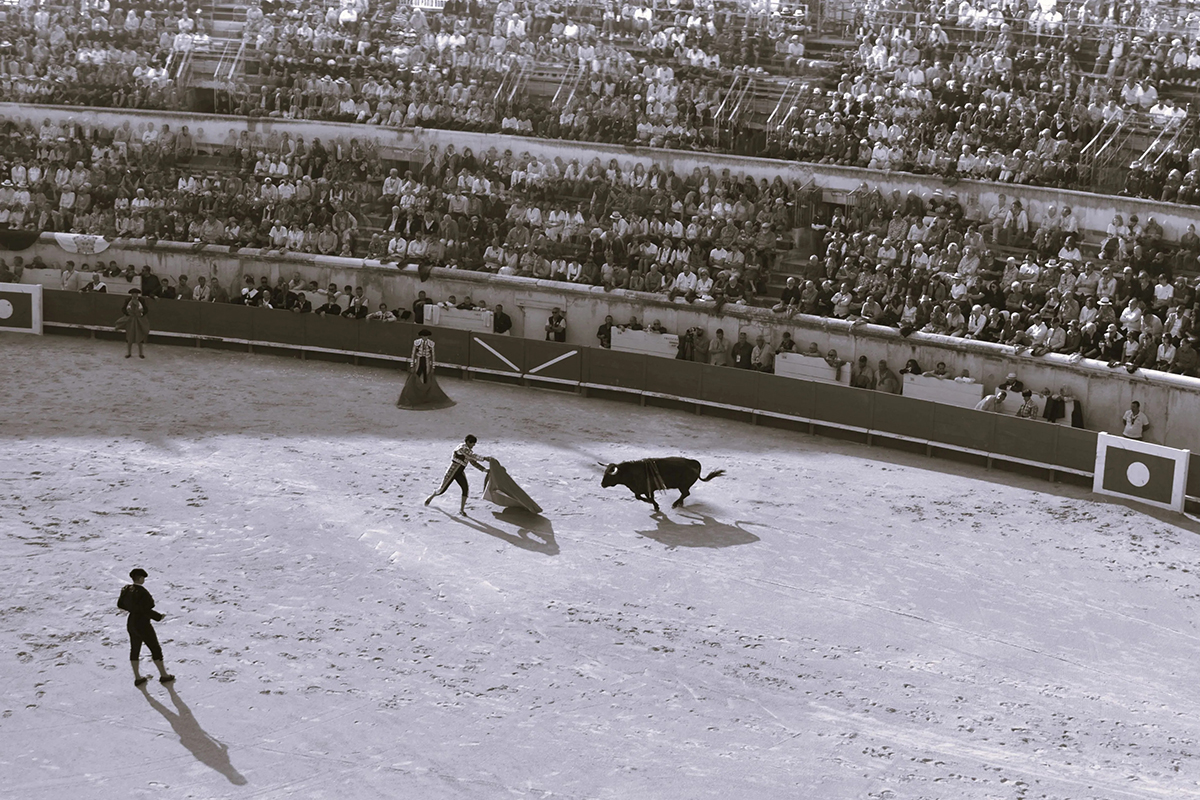The lifestyle magazine Elle is best known for its beauty tips, fashion recommendations and recipe ideas but the latest issue in France contains what could be one of the more significant political statements this year.
In an interview with Emmanuel Macron, the publication asked what he thought of ‘identity politics’. His response was robust, a welcome change to the frequent cowardice of other Western leaders when confronted with the aggressiveness of this movement. ‘I see a society that is progressively racializing itself,’ said the French president, adding that ‘the logic of intersectionality fractures everything’.
It’s not the first time that Macron has waded into the culture war. In June last year he was an exception among Western leaders at the height of the Black Lives Matter protests in unequivocally stating in a television address that ‘the Republic will not erase any trace, or any name, from its history…it will not take down any statue’.
Then in the fall he incurred the wrath of much of the Islamic world in launching a staunch defense of the Enlightenment principles after a schoolteacher in France had been beheaded by an Islamist for showing a caricature of the Prophet in class. Regrettably, Macron’s words were greeted with a stony silence from many of his European counterparts, reinforcing the impression that Macron is waging a lone war against Islamists and identitarians.
His latest input will earn him more respect among those who worry where identity politics is leading the West. ‘I am on the side of the universalist,’ Macron told Elle. ‘I don’t recognize myself in a fight which sends each individual into his identity or his own specific characteristic.’
In particular, explained the president, he had no time for the iniquitous concept of ‘white privilege’ so beloved among identitarians in America and Britain. ‘I could introduce you to young white men called Kevin, who live in Amiens (Macron’s home city) or Saint-Quentin, who have immense difficulties — for differing reasons — to find employment,’ he said.
Macron then uttered a statement which would be considered heresy in the eyes of most social justice warriors by claiming that, in his view, ‘social difficulties are not uniquely structured by gender and the color of skin, but also by social inequality’. He was also questioned about the ongoing debate on whether teenage girls should be allowed to wear crop-tops to school. ‘When it comes to school, I’m rather ‘decent clothes required’, as much for the girls as the boys,’ he replied. ‘Everything that creates an identity, a determination to shock, has no place in school.’
The president’s latest intervention on identity politics provoked a reaction from his supporters as well as his detractors. Emboldened by his president’s comments, one LREM MP, François Jolivet, tabled an amendment in the National Assembly on Thursday to dissolve any association that discriminates against people ‘according to their skin color, their religion or their lifestyle’. Jolivet singled out UNEF, a student union, which earlier this year admitted barring white people from some of its events.
Some on the left, however, mocked Macron. Liberation – the Gallic equivalent of the Guardian — took offense at his comments about crop-tops, accusing him of being a ‘dilettante’ on the question of feminism. The leader of the far-left France Insoumise, Jean-Luc Mélenchon, who earlier this year was dubbed an ‘Islamo-gauchiste’ by the minister of education, Jean-Michel Blanquer, declared: ‘So now we have two thinkers on female attire…Ayatollah Khamenei and Mr Macron.’
Neither barb will bother Macron, whose interview with Elle is providential, coming just days after the wretched performance of his LREM party in the regional elections. The big winner of those polls was the center-right, who Macron assumed no longer posed a threat after their implosion in the 2017 presidential and parliamentary contests.
But now they are back, and whoever is elected as the Republican candidate in next April’s election will know that there are many votes to be had in attacking identity politics and its growing influence within the left; just last week a French academic accused the nation’s cheese of systemic racism.
The culture wars will only gain in prominence between now and the election, something that will suit Macron. He sees identity politics for what it is — a dangerous, divisive and deceitful force and he is not afraid to say so.
This article was originally published on The Spectator’s UK website.

























